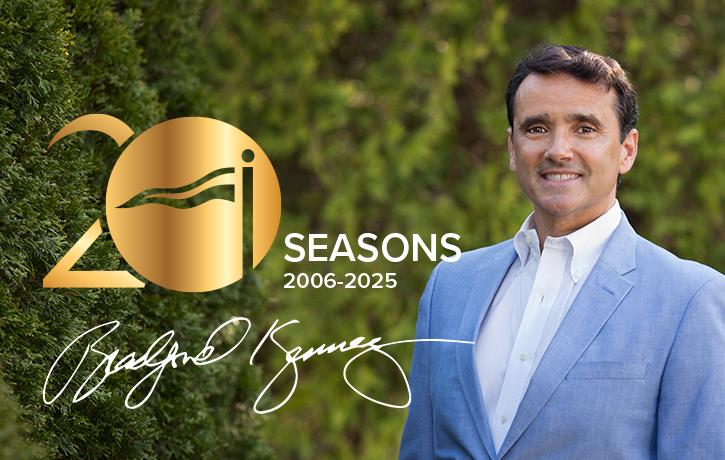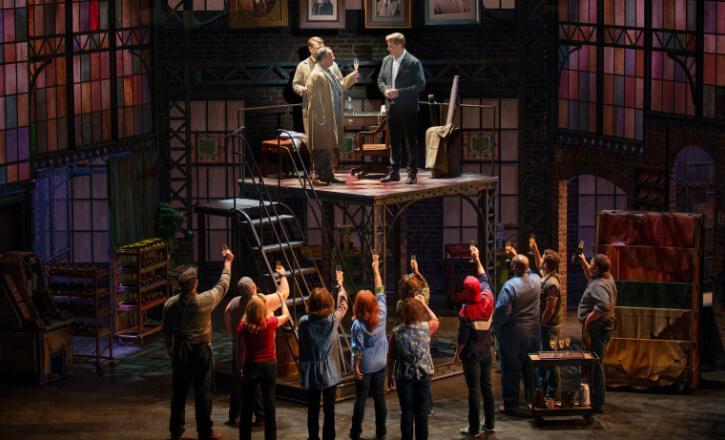1933
Walter and Maude Hartwig establish Ogunquit Playhouse in a downtown garage.

1937
The Playhouse is built at 10 Main St

1950
John Lane becomes General Manager, then owner of Ogunquit Playhouse with business partner, Henry Weller

1994
John Lane retires and transfers ownership of the Playhouse to the Ogunquit Playhouse Foundation, a not-for-profit foundation that oversees the Playhouse to this day.

1999
Roy M. Rogison is hired as Producing Artistic Director, and the Playhouse begins producing its own shows, Children’s Theatre Program Begins.

2006
Bradford T. Kenney becomes Executive Artistic Director, Season expands from 10 week to 21 week season.

2012
Ogunquit Playhouse celebrates its 80th season featuring- Always, Patsy Cline, 9 to 5, South Pacific, Damn Yankees, Ballroom With a Twist, and Buddy-The Buddy Holly Story.

2022
Ogunquit Playhouse celebrates its 90th season featuring- The Cher Show, The Nutty Professor, Mr. Holland’s Opus, and Beautiful-The Carole King Musical.

2025
Bradford T. Kenney marks his 20th season with the Playhouse.

Browse the Ogunquit Playhouse archives
Look back on all the shows that have graced the Playhouse stage, from 1933 to today!






